How to work as a Localization professional in the video game industry
In 2007 I made a career move that almost 15 years later I don't regret at all!!
My baptism in the video games localization industry, USA 2007, 14 years less 14 kilos more :)
I started working in the video game industry, and I did it in one of the games I played the most when I was a teenager, EA's Fifa, yay!
For the first part of my career, I was involved in localization tasks in verticals in "serious" sectors. Localization projects in life-science, tourism, and mobile networks mainly.
Although they were interesting projects I enjoy more in the area of video game localization. Video games from a localization point of view represent a very interesting challenge since it is a form of entertainment that in order to work must capture the culture of each market.
It is also an industry that seems to be unstoppable since every year the profit of the video game industry grows and grows ... and it seems there is still no ceiling to this growth! That's why when I get emails on my blog (or on LinkedIn) asking me if I recommend starting a career as a localization professional in the localization industry, my answer is yes, but be warned, it is not easy to make your way in this industry, and patience will be the best ally of any translator, tester, project manager ... who wants to carve future localizing video games.
Source: Visual Capitalist
This week in my blog I want to cover the topic that I have been asked so many times, how to make your way in the gaming Localization industry.
Getting a job to start working as a translator or localization specialist or project manager might be tricky, as most of the companies will require 2-3 years of experience in a similar position. This is a catch 22 situation. You must get a job to get experience, but you must first have the experience to get a job. My advice here is to go volunteer and start working on your own portfolio offering yourself to translate or QA video games. And how do we build our own portfolio?
These are my suggestions my 7 suggestions! Hope you find them useful
Steam-powered
There are different possibilities to get experience as a video games translator. One of my favorite tactics to get experience is to contribute to communities to help and localize video games. Here my suggestion would be steampowered.com
Steam is a digital distribution platform developed by Valve Corporation, which offers digital rights management (DRM), multiplayer gaming, video streaming, and social networking services.
The Steam is a vibrant community with over 100 million people all around the world! And this group of “special forces” help to translate into 26 languages. Participating as a translator in this community is quite simple. We just need to link our steam account to the site and start contributing.
As a participant in Steam translation, you’ll have access to all text elements within Steam's Client application, Store, Community, and even Valve's games. The community has a system whereby contributing with translations and feedback eventually you may become a language moderator.
Working in this community is quite an effective tactic to build a portfolio as they have nice games such as Airmech or Monaco
I believe contributing to the translation of games in this community is worth it and it’ll definitely polish our CVs and portfolio!
2. Indie Projects
Indy video games developers are always in need to get help when launching their games in different countries. Getting in contact with these small developers will pay off as you will have the opportunity to contribute with your knowledge and goodwill in very creative games. One of my favorite platform when it comes to supporting Indy Project it is the Indie Game Localization group in Facebook. Start contributing it is pretty straightforward. You just need to join this group and start helping. Usually, you will not be paid when contributing here, but you will get a free copy of the game and your name in the credits!
3.LocJam
LocJam is a "Localization Jam" - this is a friendly competition totally free where anyone can join and participate. These events are a great opportunity to show off your translation skills. These competitions are very interesting events and we will be competing against other localization geeks for prizes! (professional localization studio tours and/or diplomas)
The games to be translated in these LocJams are not hefty, in previous editions, the challenge was to translate a board game from English to French/German/Italian/Japanese/Portuguese/Russian and Spanish and the volume was around 3000 words. This would not take much time but in return, it will really help to increase your visibility in the localization community.
4. ProZ
ProZ is an online community of language professionals with years of experience in the localization industry. There you can find projects to work on in different sectors and in different languages. And of course, Games is one of the filters you can use there to search for job opportunities.
5. Upwork
While it is true that this community is not focused on languages like ProZ, it is also true that from time to time there are opportunities related to the video game industry and localization. Take a look from time to time in order to increase your skills and your localization games portfolio
6. CLEAR Global
CLEAR Global used to be called Translators without Borders, and while it is true that the specialty of this organization is not in the area of gaming, it is no less true that they offer an excellent opportunity to improve your translation skills and improve your language skills. By volunteering with them you will be improving your employability and you will be doing social work helping the underprivileged. Not bad, right?
7. Professional vendors
There are LSPs that are constantly looking for professionals to join their videogames localization teams.
Keywords, Pole to Win, Testronic, Alpha CRC, Terra Translations, and Altagram are on my list of favorite service providers. Check out their website or follow their accounts on Social Media as they post job openings relatively frequently.
Closing
People interested in working in the localization and videogame industry tend to do a very good job as both disciplines are quite vocational. It is true that it is a competitive industry and will require you to be continually polishing your skills, but once you overcome the initial resistance, once you gain experience and accumulate projects it is a very nice industry to work in. It is also an industry quite resistant to setbacks and unexpected crises, including this COVID one that has made the entertainment industry grow even more than expected!
I wish you luck in pursuing your goals and I hope to see you soon in the videogames localization industry, that will certainly mean that your efforts to make your way in it have paid off!
@yolocalizo
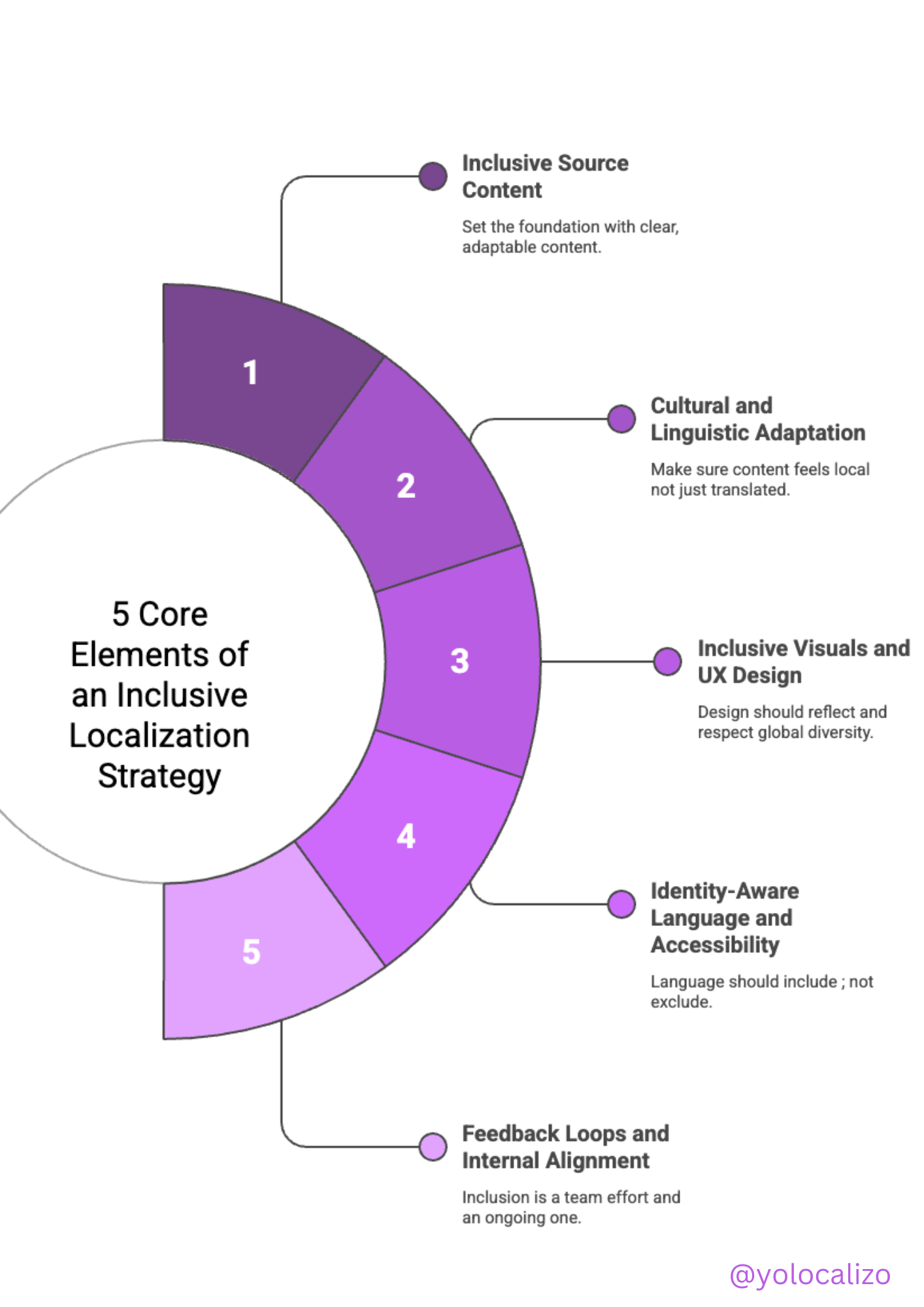

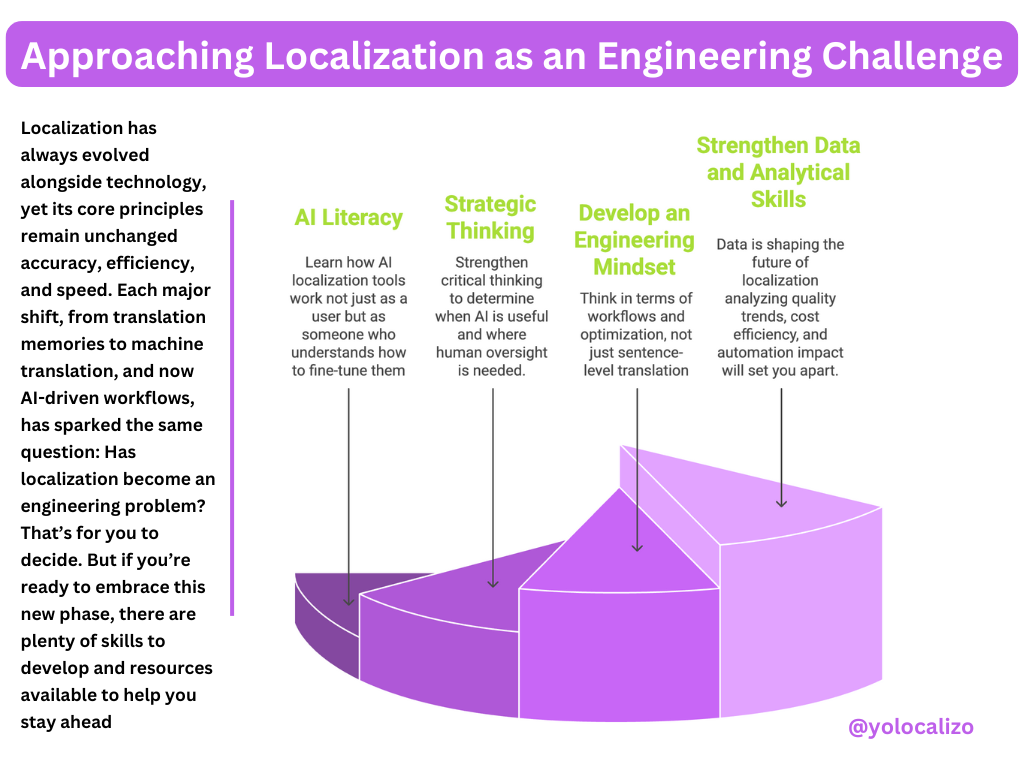
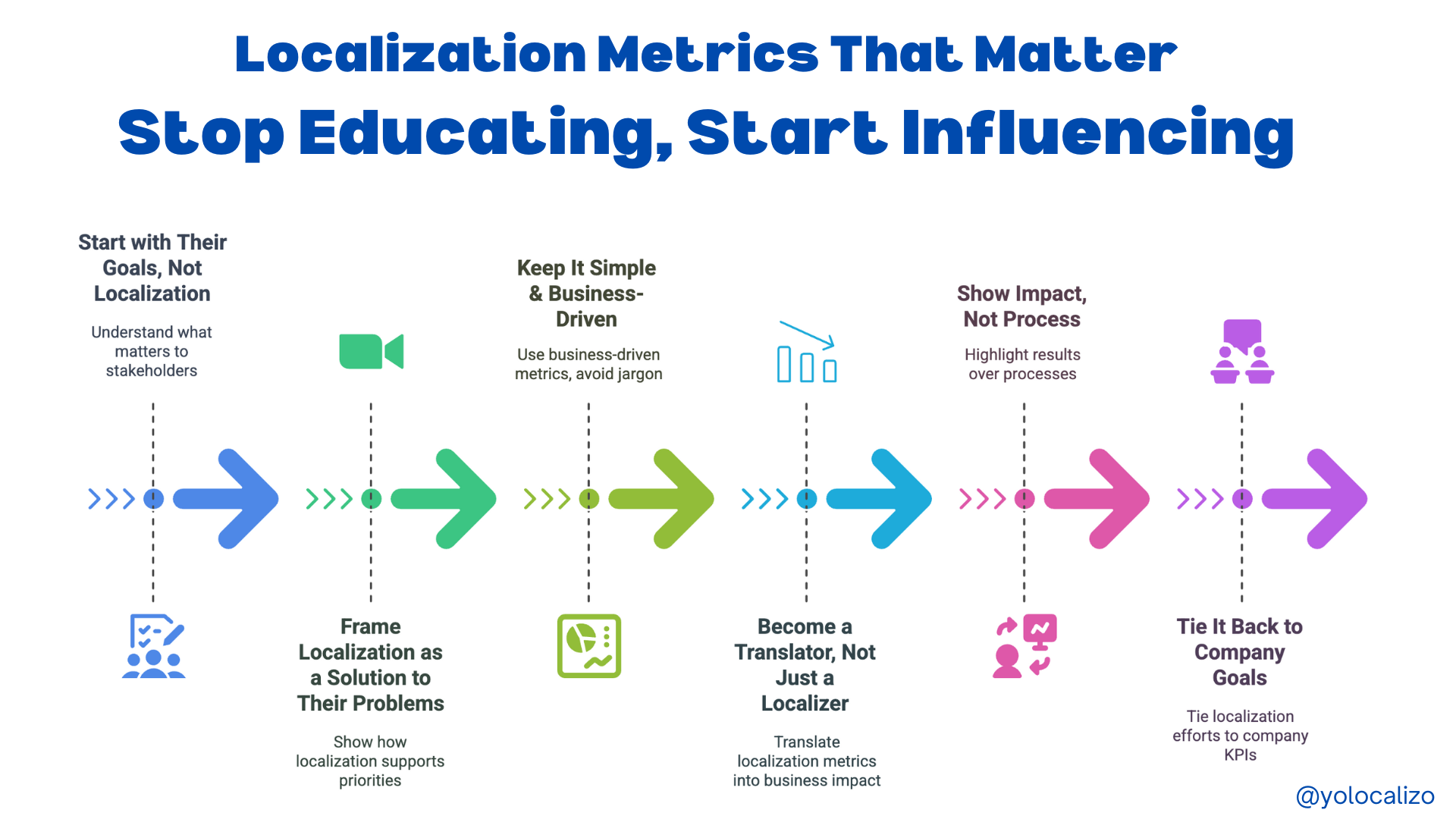


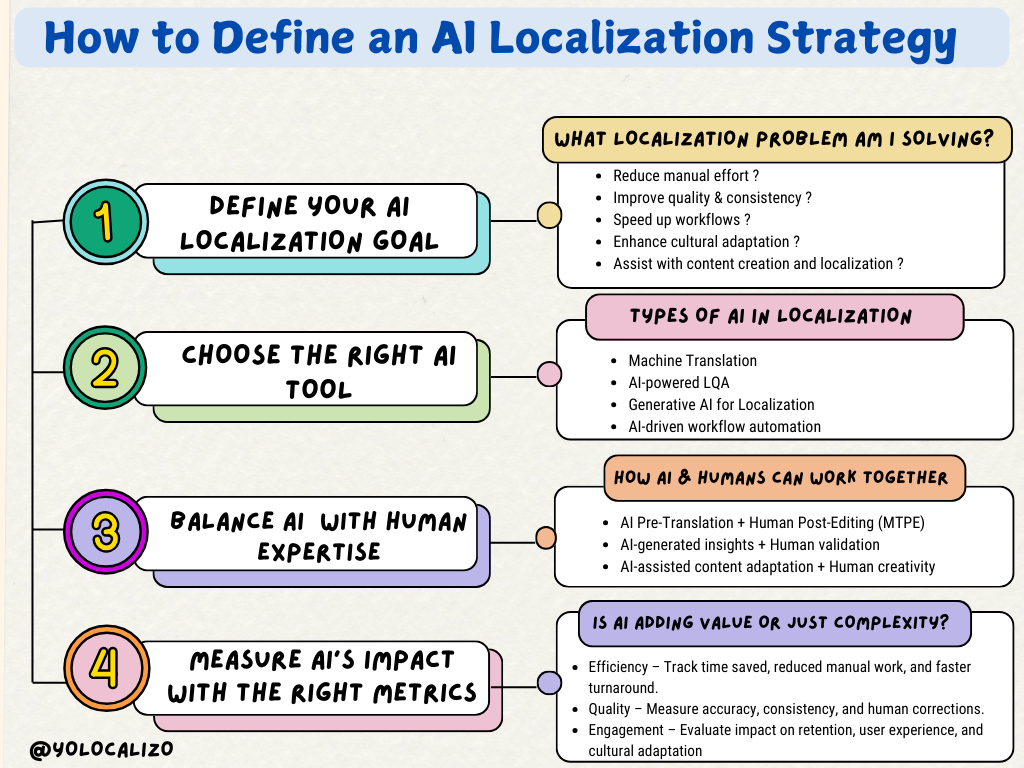




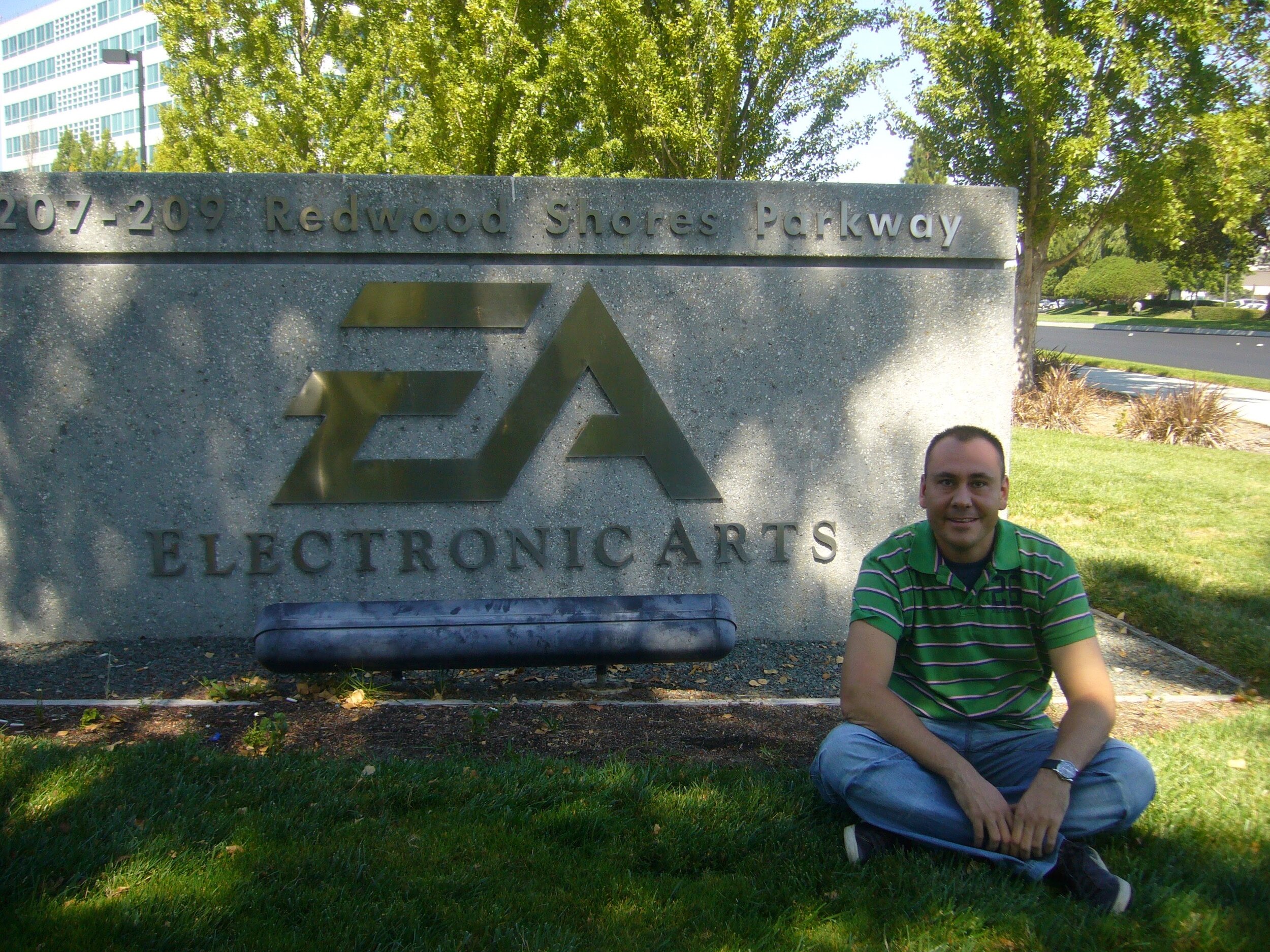




Localizability has always been a challenge small issues in source content often lead to big problems later in translation. In this post, I explore how AI is giving localization teams a powerful new way to improve source quality, reduce friction, and create better content for every market right from the start.